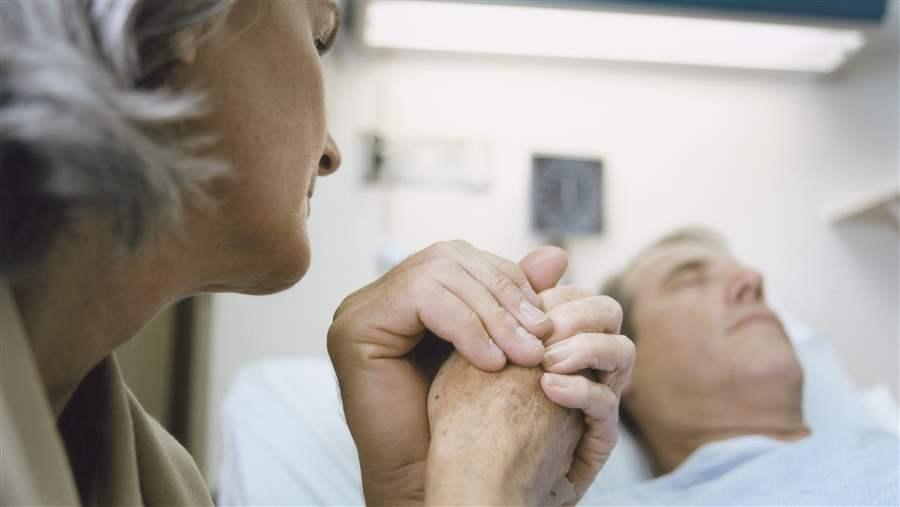National Healthcare Decisions Day Encourages Discussions With Families and Physicians
Advance care planning allows a patient’s wishes to be known and respected
 © Getty Images
© Getty ImagesIt’s never too early to start the ongoing process of talking with family and medical personnel about your values and preferences for future care.
Polls show that most Americans believe it’s important for families to plan for serious illness and end-of-life care. But having these discussions, which are sensitive and often somber, can be difficult. Since 2008, National Healthcare Decisions Day (NHDD), on April 16, has reminded us of the need for each of us to talk with our loved ones about the care we would—and would not—want if we were unable to speak for ourselves.
Changing demographics make these discussions more important than ever. By 2050, the number of Americans ages 65 and older will double, and the share of people who live to their 100th birthday will quadruple. More Americans will be asked to make health care decisions for aging parents, grandparents, and other loved ones but may not know their wishes. Advance care discussions can make those decisions clearer and can benefit both patients and their families by improving care and reducing the stress, anxiety, and depression that are so common among caregivers and surviving relatives.
Pew’s improving end-of-life care project is committed to helping people more easily communicate and document their health care decisions; making these instructions accessible to all the doctors and health professionals treating a patient; and ensuring that each patient’s wishes are known and honored when the time comes.
Imagining how we would react to a chronic, life-threatening disease may be an uncomfortable and difficult topic of discussion, but many organizations offer resources that can make it easier:
- National Association of Area Agencies on Aging
- National Council on Aging
- National Hospice and Palliative Care Organization
- PBS NewsHour
- American Bar Association
- The Conversation Project
It’s never too early to start the ongoing process of talking with family and medical personnel about your values and preferences for future care. While end-of-life planning is especially important for the elderly, an accident or illness can rob anyone of the ability to make decisions about care. Routine discussions about advance care planning can and should be a part of an annual checkup or a precautionary measure like buying insurance.
Advance care planning is up to all of us. It is easy to postpone, but this increases the risk that family members or health care professionals will have to make decisions for us. Discussing and documenting care preferences allows individuals to take control of their own health care and relieve their families of the need to make painful and difficult decisions without guidance. NHDD’s mantra reminds us not to wait, because “it always seems too early, until it’s too late.”
Lee Goldberg directs The Pew Charitable Trusts’ improving end-of-life care project.






